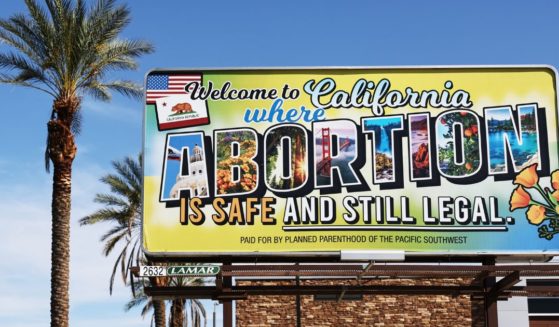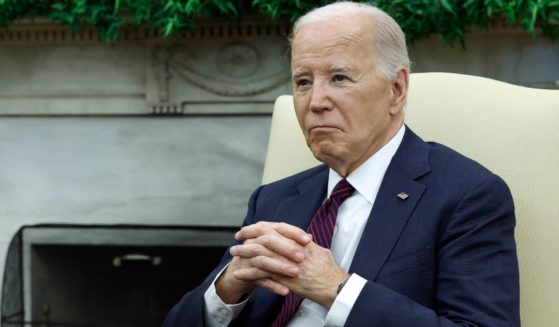Tennessee lawmakers send governor 'triggered' abortion ban
NASHVILLE, Tenn. (AP) — A proposal that would effectively outlaw most abortions in Tennessee if the U.S. Supreme Court overturns Roe v. Wade is headed to the governor’s desk.
State lawmakers in both the House and Senate overwhelmingly advanced the legislation on Monday, with just a handful of Democrats voting against. The legislation is expected to be signed into law after newly elected GOP Gov. Bill Lee has repeatedly promised to support any bill that limits abortion in Tennessee.
“When Roe v. Wade is overturned, we’ll be able to determine abortion policies in place in Tennessee,” said Rep. Susan Lynn, a Republican from Old Hickory and one of the bill’s sponsors. “We will return to a pro-life policy in this state.”
Louisiana, Mississippi, North Dakota and South Dakota have similar laws on the books triggering abortion bans if the nation’s high court overturns the landmark 1973 decision that legalized abortion nationwide. Kentucky and Missouri are considering enacting such bills this year.
Tennessee’s effort is part of a national push to enact sweeping abortion bans across the country in the event Roe V. Wade is overturned by the nation’s highest court with the help of President Donald Trump’s latest two appointees.
“We don’t have to apologize today. We have science on our side to say ‘that’s a life,'” said Rep. Andy Holt, a Republican from Dresden, who moments before joked he had a “minor in reproduction.” Holt later clarified his comments, saying he has six children with his wife currently pregnant with their seventh.
The so-called trigger ban would take effect within 30 days if the high court overturns Roe v. Wade. It includes exceptions for medical emergencies only, not for rape or incest. Doctors who violate the law would face a felony charge under the ban.
Supporters of the bill argued against adding the rape or incest exemption by explaining the language in bill that would ban abortion mirrors Tennessee’s original abortion prohibition before the court handed down its ruling legalizing the procedure across the nation. However, Lynn added that lawmakers were free to bring a bill in future legislative sessions if they wanted to add further exemptions.
Opponents countered that women should not be forced to potentially complete a pregnancy that was a product of rape or incest. Furthermore, some argued that their attempt to include rape and incest exemptions was blocked in the Senate earlier Monday.
“What we know about a ban on abortion is that it doesn’t stop abortions, it stops safe abortions,” said Rep. Gloria Johnson, a Democrat from Knoxville. “Let me be frank … this is an issue of equality. If women are not allowed to be in control of their own health, decisions then you don’t believe women are equal.”
Before voting on the trigger ban, the Tennessee Senate rejected a last-minute push Monday to revive a bill to ban abortion once a fetal heartbeat is detected, as early as six weeks into pregnancy.
A Senate committee had already agreed earlier this year to review the issue this summer and consider it next year. While the “fetal heartbeat ban” measure already passed the House, Senate leaders said the bill raised too many legal concerns.
Some Republicans continued to tout their anti-abortion views Monday but ultimately expressed concerns about what could happen during likely legal challenges.
The Western Journal has not reviewed this Associated Press story prior to publication. Therefore, it may contain editorial bias or may in some other way not meet our normal editorial standards. It is provided to our readers as a service from The Western Journal.
Truth and Accuracy
We are committed to truth and accuracy in all of our journalism. Read our editorial standards.












